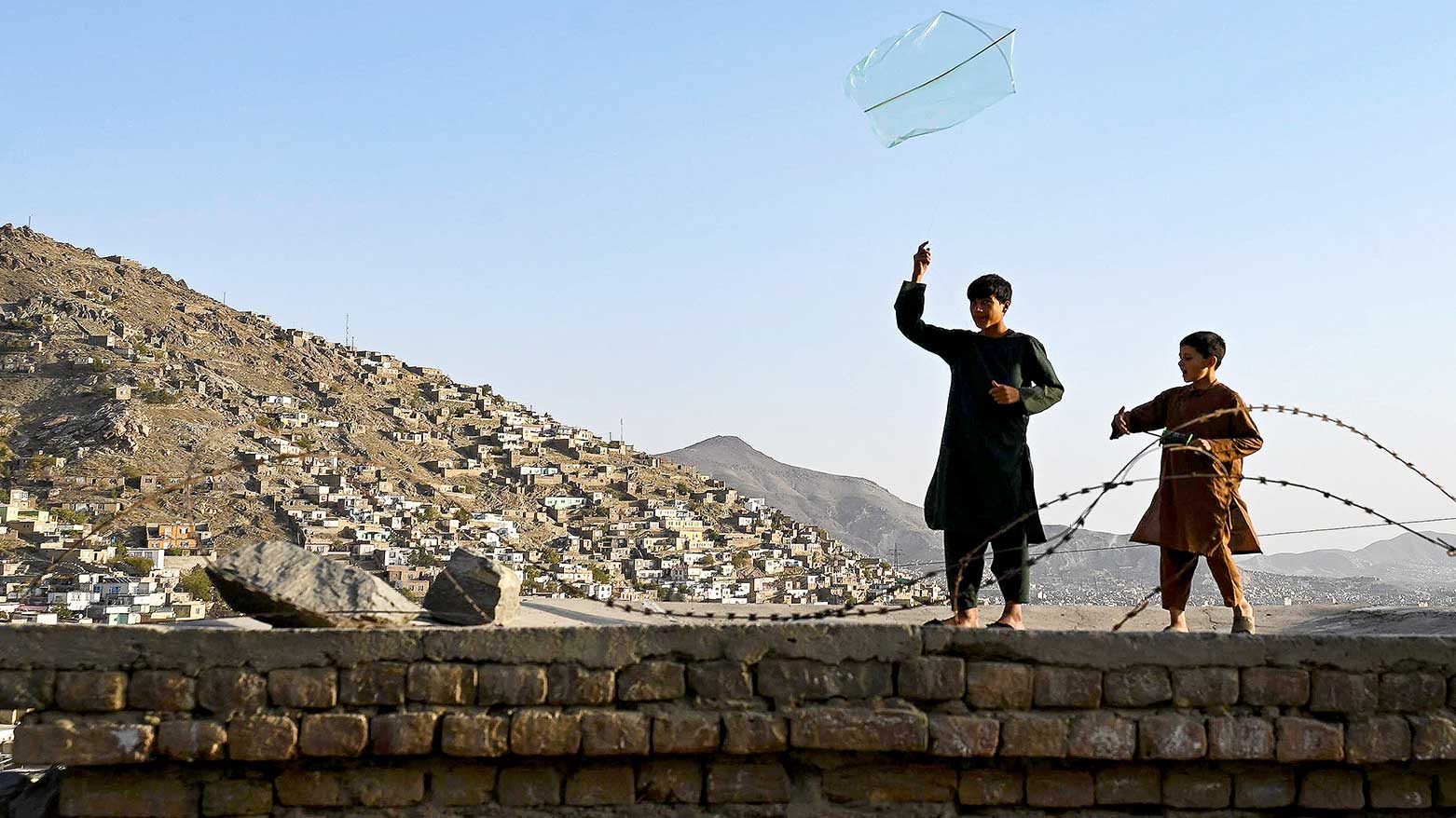Taliban Pull the Plug: Afghanistan Enters Digital Darkness
Taliban Turns Off the Internet, Leaving Afghans in Isolation and Fear — Officials claimed the measure was intended to prevent “vice.”

ERBIL (Kurdistan24) — Afghanistan entered a second day without internet and mobile phone service on Tuesday, after Taliban authorities severed the country’s fiber optic network in what rights groups and observers describe as an unprecedented step to tighten control over communications and information flow.
According to watchdog group NetBlocks, connectivity levels dropped to less than one percent of normal usage by Monday evening, marking the most extensive digital blackout since the Taliban returned to power in 2021.
The group said the outage “appears consistent with the intentional disconnection of service,” raising alarm among businesses, civil society, and the Afghan diaspora who depend on fragile telecom infrastructure to remain connected.
Businesses Paralyzed, Families Cut Off
In Kabul’s central markets, shopkeepers described the sudden silence of mobile devices as devastating.
“We are blind without phones and internet,” said Najibullah, a 42-year-old shopkeeper. “All our business relies on mobiles. The deliveries are with mobiles. It’s like a holiday, everyone is at home. The market is totally frozen.”
The blackout has also disrupted banking services, customs operations, and government functions, as most telecommunications pillars—numbering between 8,000 and 9,000 nationwide—were shut down, a government official told AFP.
For Afghans abroad, the shutdown has severed lifelines to their families. “Because of the shutdown, I’m totally disconnected with my family in Kabul,” an Afghan man in Oman told AFP, expressing deep worry over the uncertainty.
Taliban’s Stated Justification: Preventing “Vice”
The restrictions build on earlier moves this month, when Taliban authorities in several provinces—including Balkh, Badakhshan, Takhar, Kandahar, and Nangarhar—ordered fiber optic connections to be cut.
At the time, provincial officials claimed the measure was intended to prevent “vice” and said “alternative options” would eventually be provided.
The justification reflects the Taliban’s longstanding suspicion of modern communications, particularly the internet, which they associate with un-Islamic content, dissent, and foreign influence.
Observers note that such measures also serve a dual purpose: restricting access to outside information and reducing opportunities for internal coordination among opponents of the regime.
A Stark Reversal of Earlier Promises
The shutdown represents a striking reversal from official promises made just last year. In 2024, the Taliban government touted Afghanistan’s 9,350-kilometer fiber optic network—built largely under U.S.-backed administrations—as a “priority” for economic recovery.
The network had been promoted as a crucial step to connect Afghanistan with regional trade routes and global markets.
Instead, its dismantling highlights the Taliban’s struggle to reconcile governance with ideological rigidity. Cutting off internet access risks worsening an already dire economic situation, where over two-thirds of Afghans live below the poverty line and international aid has dwindled amid global concerns over the Taliban’s restrictions on women and civil society.
Wider Implications
Communications blackouts are not new in conflict zones, but their scale in Afghanistan underscores the Taliban’s willingness to use digital isolation as a tool of governance.
Observers warn that prolonged shutdowns could deepen Afghanistan’s isolation from the international community and complicate humanitarian relief operations, which rely on digital platforms to coordinate aid distribution in hard-to-reach provinces.
“This is not just about silencing dissent or blocking immoral content,” one regional analyst told AFP. “It is about demonstrating control and signaling that the Taliban prioritize ideological authority over economic functionality or social stability.”
For now, ordinary Afghans remain in limbo, cut off from their livelihoods and loved ones, uncertain when or if their digital lifelines will be restored.